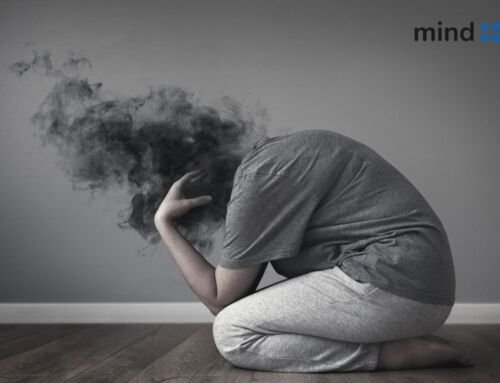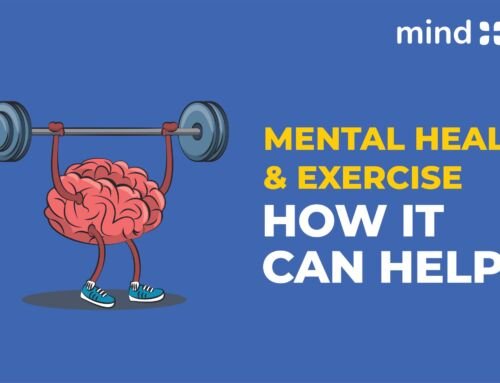Disruptive Behavior Disorder
By Ahmed Saeed, Psychologist
Disruptive Behaviour Disorders are a group of behavioral disorders that are generally more common in children. These behaviors are called disruptive because they disrupt the life and functioning of the people around them and their activities such as school peers and family. Generally, around us, we see many children who we refer to as naughty, but a child with disruptive behavior disorder is different. When a child with disruptive behavior disorder is acting out, they are disrupting or disturbing activities, showing defiance when being told No, ignoring rules, and disrespecting others’ rights around them. The impact of this behavior is felt by the entire family. Be it constant complaints from school or the inability to control the child’s restlessness or anger, this disorder has the ability to disrupt an individual’s daily life functioning. During this time a parent may find themselves asking the question, what is wrong with my child?
The classification of Disruptive behavior disorder includes two main disorders, namely, Oppositional defiant disorder and Conduct disorder. There are a few symptoms that are common between these two disorders, such as:
- Defiance of authority figures around the child, for example, parents, school teachers, etc.
- Frequent anger outbursts.
- Antisocial behaviors, for example – stealing and lying.
Generally, we see that there is a difference in severity levels in the two disorders of Oppositional defiant disorder and Conduct disorder. There can be a developmental progression wherein there is a progression from ODD (Oppositional Defiant Disorder) to CD (Conduct disorder) with increasing age.

Oppositional Defiant Disorder
Oppositional Defiant disorder is generally diagnosed in children wherein the child shows a recurrent pattern of constant defiant, disobedient, negative, and hostile attitude or behavior towards any authority figure. According to the Diagnostic Statistical Manual V (DSM-V), these behaviors should be present for at least six months and should cause significant impairment in the child’s academic, social, interpersonal, and occupational functioning for a child to be diagnosed with ODD (Oppositional Defiant Disorder), along with at least four (or more) of the below-mentioned symptoms;
- Losing temper very often
- Constantly arguing with adults or anyone in an authority figure
- Actively refusing to comply with adult’s requests or rules set by them
- Deliberately annoying people
- Constantly putting blame on others for their own mistakes or misbehaviors
- Getting easily annoyed by others
- Often being angry and resentful
- Often being spiteful or vindictive

Conduct Disorder
As explained earlier as well, a lot of symptoms are somewhat common between Oppositional defiant disorder and Conduct disorder with the only difference being in severity. Conduct Disorder includes more seriously disruptive behaviors such as aggression towards people around the child or even animals, destruction of property, antisocial behaviors such as stealing, destroying someone else’s valuables with the motive of vindictiveness, skipping school, and a constant disregard for rules and discipline. Few behaviors associated with Conduct disorder are often described as delinquencies. Children or teens with Conduct disorders are likely to have at least three (or more) of the following symptoms:
- Lack of respect for others.
- Constant disregard for other’s life or property, including even willfully destroying property.
- Being aggressive towards people and animals.
- Bullying and intimidating others.
- Antisocial behaviors like stealing or lying without feeling any remorse.
- Running away from home or any place which places any rules or discipline on them.
Causes
There is no definite causal factor as to which why these disruptive behavioral disorders might occur. But there can be various factors that play a role in it. The various factors can be broadly categorized such as Heredity, environment (home environment or environment provided by parents after birth, domestic violence), physical conditions (any neurological damage or low birth weight), and even psychological conditions. Children suffering from ADHD (Attention Deficit Hyperactivity Disorder) have a higher comorbidity to develop any of the above-mentioned disruptive behaviors.





